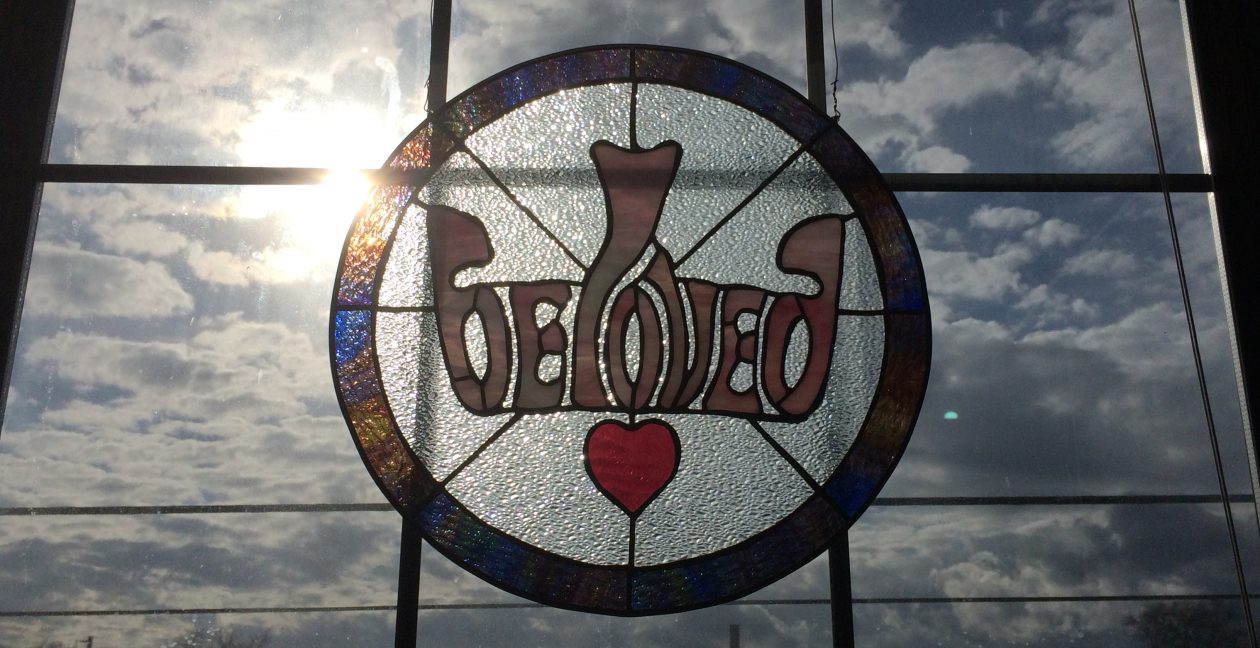Originally featured on Sojourners God’s Politics Blog
We lost a bitter legislative battle this year, as Alabama Legislators voted to make the nation’s most toxic anti-immigrant law more poisonous than anyone imagined. Added to the notorious HB 56 is a requirement that the names and faces of undocumented persons be plastered on the web and in prominent public places — the new law stops just short of putting targets on their backs.
Teachers are still required to interrogate schoolchildren about their immigration status. People of faith, Good Samaritans, and family members are now felons if they knowingly drive five undocumented children to the store, the doctor, or Vacation Bible School. Racial profiling provisions make every trip to school, work, and church a nightmare.
The legislators — all Republicans — must have laughed all the way to golf games waiting for them back in their districts. They think they won.
Just because they were sitting at the front of the bus, they think they were driving.
Little do they know that they have created their own worst nightmare. Their efforts to rid Alabama of ethnic diversity have backfired on them, bringing forth a multicultural, bilingual movement that would not have emerged in Alabama for another 50 years were it not for HB 56 and its evil twin, HB 658. Legislators’ wrongs have dared people to claim their rights as human beings. Republican efforts to divide have united a new people — brown, black, and white — who lock arms and sing, “We Are One Family, One Alabama.” Lawmakers’ fear of change is no match for this new people’s determination not to go back to Alabama’s old days of hatred and shame.
Alabama’s new hate laws were written expressly to terrorize people so irreversibly that they would flee the state. Some did. Others hid inside their homes like Jesus’ disciples locked inside the upper room, huddled in fear of what the authorities might do to them. But instead of being driven out by vicious legislation, Latino leaders have emerged in 22 communities across the state to stand up for the human and civil rights of their people.
How were they affected by a year of battling against hate? In their own words: They learned to overcome fear. What perfect poetic justice: lawmakers used fear as a weapon, but it backfired. They unwittingly taught their own victims to stand strong against fear and intimidation, how to work together, how to win allies, how to make change in a hostile world.
When the legislature opened in February, many Latinos, regardless of citizenship status, were barred from visiting Statehouse galleries and offices of their legislators. By the time it closed in May, a new reality existed. Crowds chanted, “The State House is Our House,” and in doing so, they took on the responsibilities of citizenship by standing against unjust, immoral laws at no small risk.
There are relics in the legislature who may choose to stand in the Statehouse door, staving off change as long as they can, and they’ll end up right where George Wallace did — with the door of history slammed in their faces.
While it may look like nothing in Alabama changed this year, everything did.
There is no turning back.
Rev. Angie Wright is Pastor of Beloved Community United Church of Christ and Faith in Community Coordinator for Greater Birmingham Ministries in Birmingham, Alabama.


